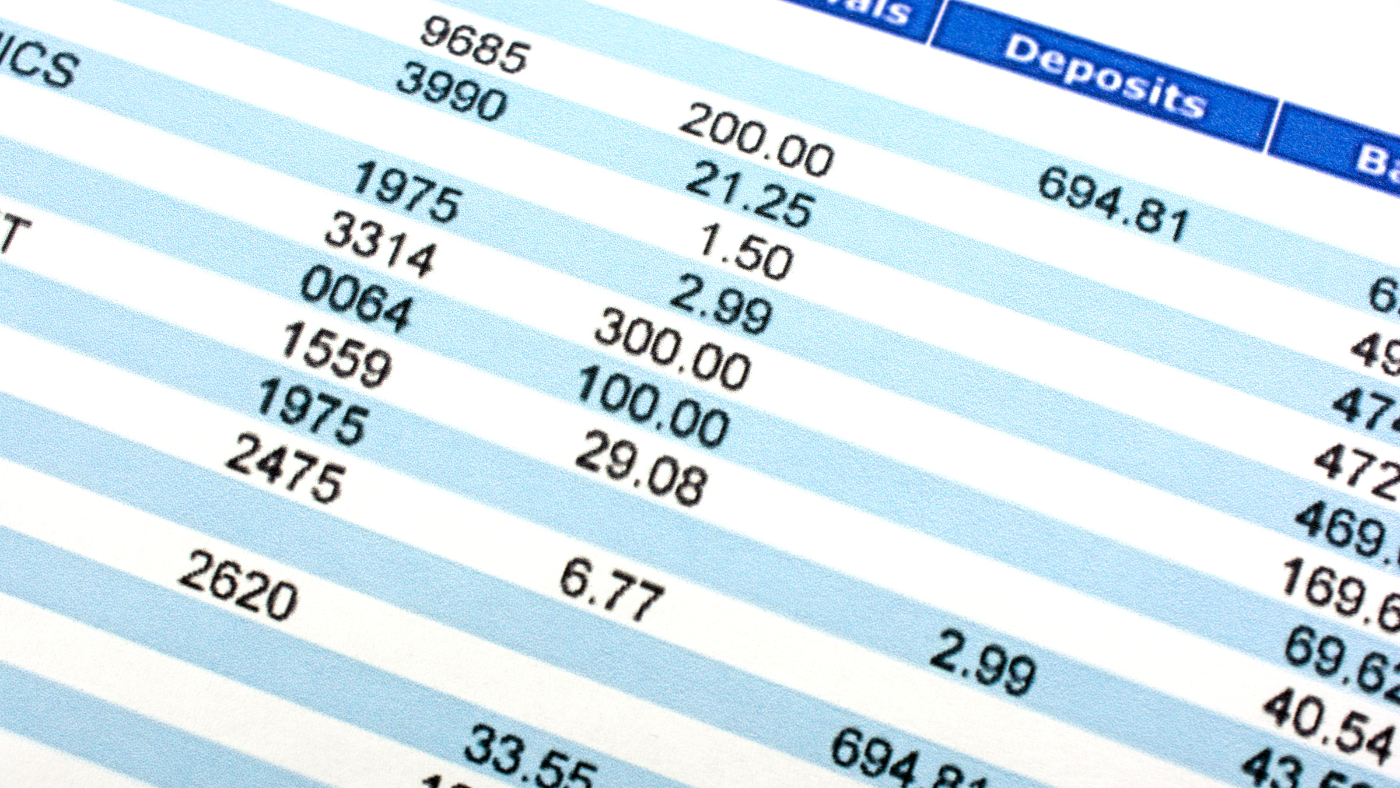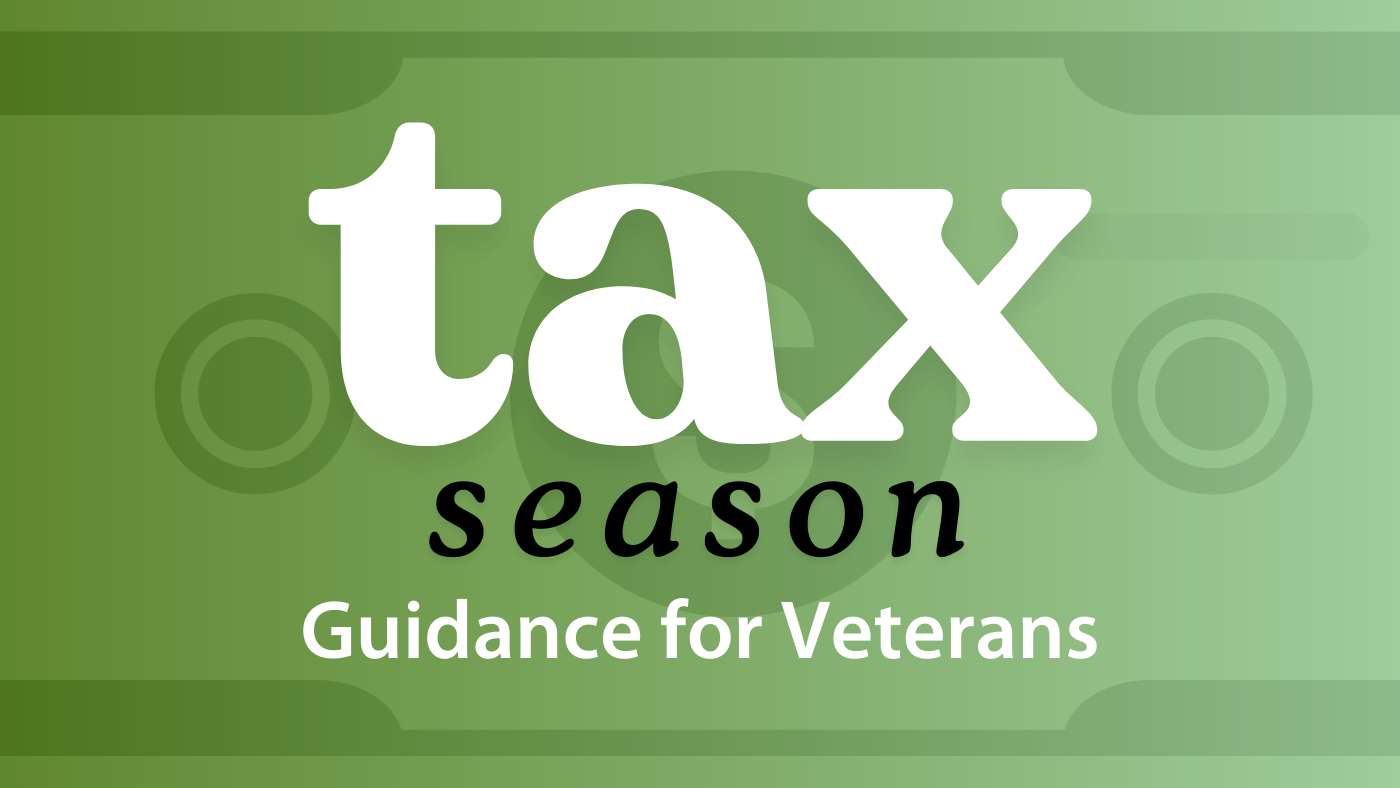Imagine discovering someone used your name to take out loans or buy a car. Unfortunately, unauthorized use of personal information and identity theft continues to be a significant threat. For Veterans especially, the risk of identity theft is high as criminals target reoccurring monthly benefits payments. Bad actors utilize stolen privacy information to exploit VA benefits, healthcare, and pensions.
This December, during National Identity Theft Prevention and Awareness Month, VA encourages Veterans and their families to take action to protect what they’ve earned. From safeguarding financial accounts to monitoring suspicious activity, this month is about empowering Veterans with the knowledge and resources they need to defend against identity theft and secure their benefits.
What is identity theft?
Identity theft occurs when someone steals your personal information—such as your Social Security Number (SSN), bank account details, medical account numbers or credit card information to commit fraud. This can lead to unauthorized purchases, drained bank accounts and even fraudulent claims for benefits under your identity. For Veterans, identity theft can impact not only your financial stability but also access to your VA benefits.
Warning signs of identity theft
Recognizing identity theft is crucial to avoid experiencing fraud. VA urges Veterans and their loved ones to be on the lookout for these warning signs:
- Unexplained bank or credit card changes: If you notice unfamiliar charges, withdrawals on your bank statement, or changes to your address you didn’t expect, it could be a sign that someone is using your account without permission.
- Credit report mistakes or accounts you don’t recognize: If your credit score suddenly drops or you’re denied credit, someone may be using your information to open accounts or take out loans in your name. The three nationwide credit bureaus provide a free credit report once every 12 months; however, you can check your credit report for each bureau online once a week at AnnualCreditReport.com.
- Notifications for unpaid bills: If debt collectors contact you about unpaid bills for services or products you didn’t buy, it’s a red flag for identity theft.
- Unfamiliar medical bills or insurance statements: If you spot unfamiliar charges or treatments listed on your medical bills or insurance statements, this could indicate that someone has used your identity to receive health care services.
- Mail stops coming to or is missing from your mailbox: If you stop receiving expected mail, such as bank statements, bills, or VA correspondence, it could mean someone has redirected your mail to another address to access your personal information.
- Suspicious activity on your VA or government benefits: If you are missing a VA benefits payment, identify a discrepancy in payments, or find suspicious activity with your direct deposit account, you should contact VA immediately at 800-827-1000.
How you can protect yourself from identity theft
- Freeze your credit: A credit freeze prevents bad actors from opening new accounts in your name by blocking access to your credit report. To decide if a credit freeze is right for you, Veterans can contact major credit bureaus (Equifax, Experian and TransUnion) directly to initiate a credit freeze.
- Enable Two-Factor Authentication: Use two-factor authentication, also known as Multi-Factor Authentication (MFA), on accounts wherever possible. This authentication adds an extra layer of security by requiring a second form of identification and a password.
- Secure devices and documents: Use strong passwords across multiple accounts. Keep physical documents in a safe and secure place, and shred paperwork no longer needed.
- Use identity theft monitoring services: Some organizations offer free or discounted identity monitoring for Veterans. These services can alert you to suspicious activity and help protect your information.
- Safeguard Personally Identifiable Information (PII): Be cautious when sharing information online or over the phone. Verify the identity of anyone requesting your personal information, especially when claiming to represent VA.
- Stay informed about common scams: Familiarize yourself with current fraud schemes targeting Veterans by visiting the benefits fraud prevention webpage, or at https://benefits.va.gov/BENEFITS/fraud-prevention.asp.
How to report identity theft
If you think someone has stolen your identity, report it to the Federal Trade Commission (FTC), and you’ll get a free personal recovery plan.
- To report in English, go to IdentityTheft.gov.
- To report in Spanish, go to RobodeIdentidad.gov.
- If you’re more comfortable reporting in another language, call 1-877-438-4338 and press 3 to report in your preferred language. Interpreters are available from 9:00 a.m. – 5:00 p.m. ET.
If you believe you have experienced tax-related identity theft but have not received a notification from the Internal Revenue Service (IRS), learn about filing Form 14039. Completing the Identity Theft Affidavit will invalidate a fraudulent return filed using your information.
Identity theft is a severe risk for Veterans, but by staying vigilant and taking proactive steps, you can significantly reduce the chances of experiencing fraud. National Identity Theft Prevention and Awareness Month is a reminder to protect your identity, your financial security and access to your hard-earned benefits. For more information on fraud impacting Veterans and their benefits, visit Protecting Veterans From Fraud | Veterans Affairs (va.gov). Veterans who suspect they have experienced fraud can find resources to file a report with the appropriate agency by visiting www.vsafe.gov or calling 833-38V-SAFE.
Topics in this story
Link Disclaimer
This page includes links to other websites outside our control and jurisdiction. VA is not responsible for the privacy practices or the content of non-VA Web sites. We encourage you to review the privacy policy or terms and conditions of those sites to fully understand what information is collected and how it is used.
More Stories
The increased financial compensation associated with SMC benefits and the visibility of Purple Heart recipients can attract scammers looking to exploit Veterans.
After using the G.I. Bill, Army Veteran Adam Boren found his connection to his community through soccer.
Whether a Veteran files their taxes independently or uses a tax professional, VA encourages Veterans and their loved ones to review the following tips and resources to both help them navigate the tax season with confidence and to avoid tax season scams.





